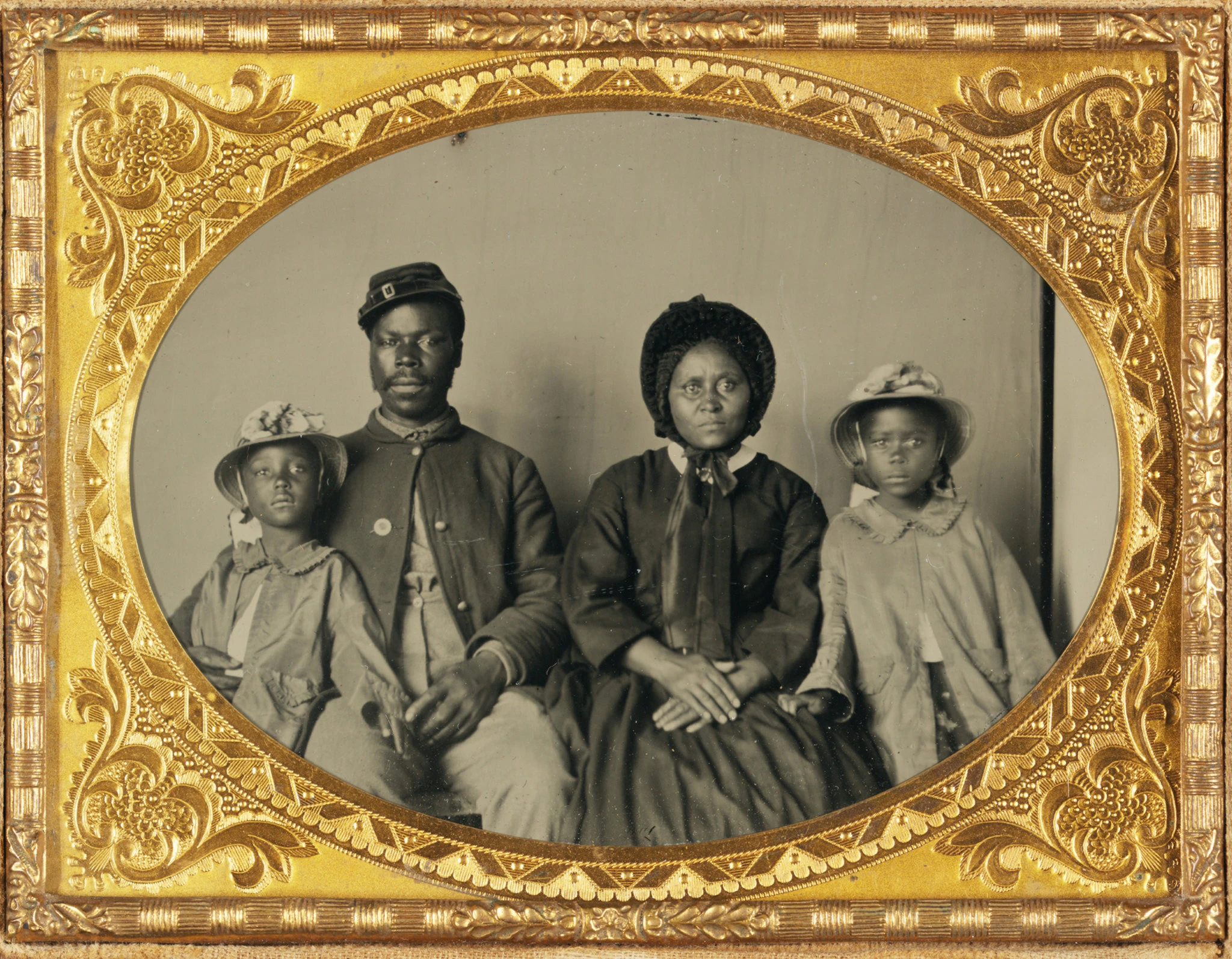The New York Times Asks Attorney Bob Bollinger for Legal Analysis — Maybe You Should Too?
America Has Tried Reparations Before. Here Is How It Went.
With a renewed focus on reparations for slavery, what lessons can be drawn from payments to victims of other historical injustices in America?

A soldier in the Union Army and his family, in a photograph taken around 1863 that was later found in Cecil County, Md. Only fragmentary records, if any at all, may survive regarding many African-Americans from the slavery era.CreditCreditLibrary of Congress, via Alamy
Ever since a Union Army general announced in Galveston, Tex., that “all slaves are free” on June 19, 1865 — a day now commemorated as Juneteenth — the question of how to compensate the country’s formerly enslaved people has hung over the United States.
Lawmakers in Washington addressed reparations for slavery for the first time in more than 10 years on Wednesday. A House Judiciary subcommittee discussed a bill to create a commission that would make recommendations concerning “any form of apology and compensation” to descendants of enslaved African-Americans.
There is no direct template for reparations of that kind, but Americans have received compensation for historical injustices before. Examples include Japanese-Americans interned during World War II; survivors of police abuses in Chicago; victims of forced sterilization; and black residents of a Florida town that was burned by a murderous white mob.


